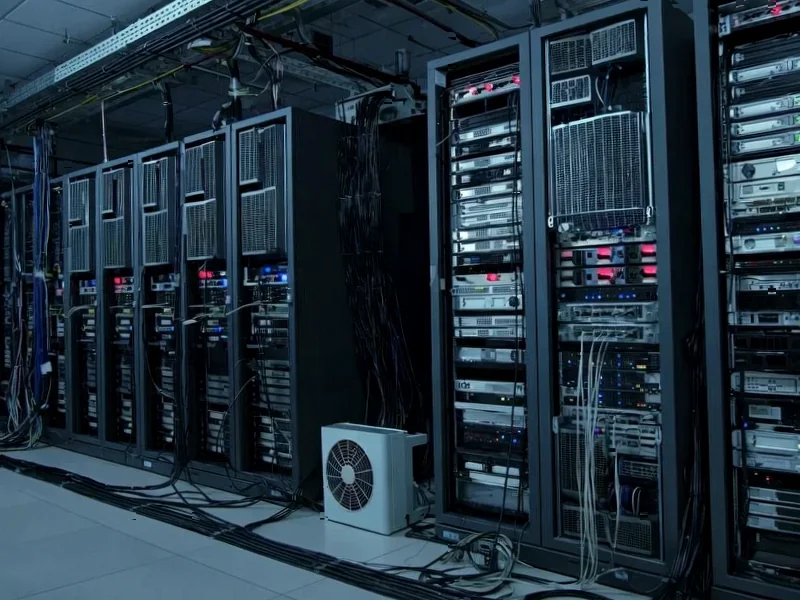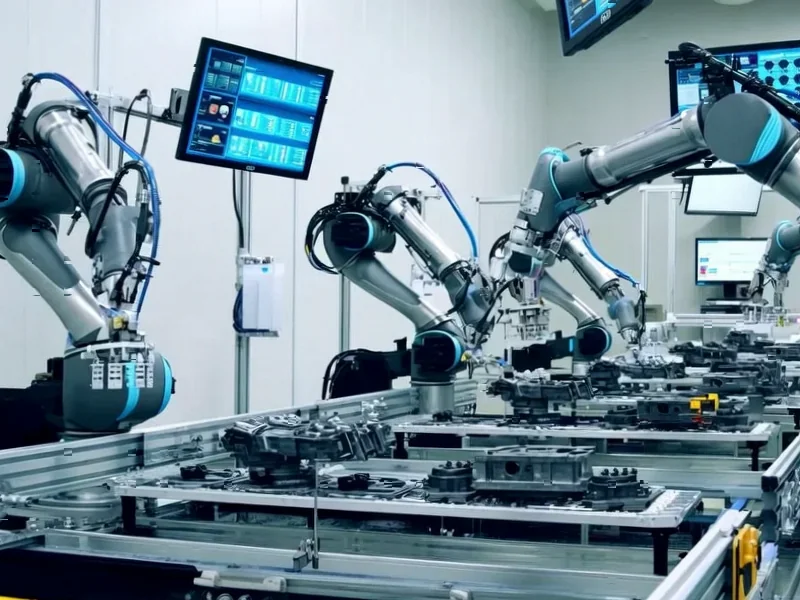According to Fast Company, the AI startup boom is fueling a return to extreme work hours reminiscent of China’s “996” culture, where employees work from 9 a.m. to 9 p.m. six days a week. Cognition CEO Scott Wu openly promotes his company’s “extreme performance culture” where employees “literally live where we work” and routinely work through weekends. Meanwhile, Karri Saarinen, an early Coinbase employee and former Airbnb principal designer, is building his startup Linear with a completely different philosophy that rejects this hustle mentality. The contrast highlights a growing divide in tech between founders embracing grueling schedules and those advocating for sustainable work practices.
The 996 comeback
Here’s the thing – hustle culture isn’t new to Silicon Valley, but the AI gold rush is taking it to another level. Elon Musk has been preaching this gospel for years with his “nobody ever changed the world on 40 hours a week” mantra. But now we’re seeing it become more systematic, almost institutionalized. When a $10 billion startup like Cognition openly brags about weekend office sessions and employees living at work, that’s a pretty clear signal about where parts of the industry are heading.
Is there another way?
Karri Saarinen’s approach with Linear is fascinating because he’s coming from successful companies that could have easily embraced the grind mentality. Coinbase and Airbnb weren’t exactly sleepy operations. So why choose a different path now? I think we’re hitting a point where some founders are questioning whether burning out your best people actually produces better results in the long run. Sure, you might get a temporary burst of productivity, but what happens when your team crashes? And let’s be honest – when you’re working 72-hour weeks, the quality of that work probably isn’t consistently high.
What this means for tech workers
For developers and designers watching this unfold, it creates a real choice. Do you chase the potentially life-changing equity at a Cognition-style startup, knowing you might not have much of a life for years? Or do you prioritize work-life balance at the cost of maybe missing the next big thing? It’s not an easy decision. And for enterprises looking to adopt AI solutions, they might start considering which companies are building sustainable products versus those running on pure adrenaline. After all, you want your mission-critical AI tools built by teams that aren’t one burnout away from collapse.
The fundamental divide
Basically, we’re seeing two competing philosophies about what it takes to build groundbreaking technology. One says you need extreme dedication bordering on obsession. The other argues that rested, balanced teams make better decisions and build more thoughtful products. Personally, I’m skeptical that the 996 approach scales well beyond the initial startup phase. But in the current AI frenzy, where moving fast feels essential, the pressure to adopt these intense cultures is only growing. The question is whether workers will push back or if the promise of AI riches will keep them accepting these conditions.



